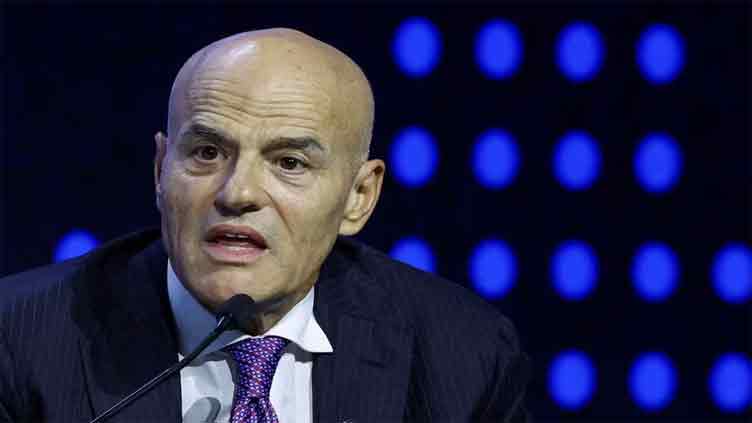Italy ready to invest in Africa to tackle energy, migration: Eni chief

Business
Says until now foreign investments in Africa have not triggered self-sustaining development
ROME (Reuters) – Italy is ready to invest in Africa both to get the energy needed for economic growth but also to tackle migration flows, Eni CEO Claudio Descalzi said.
State-controlled Eni, Italy's largest importer of natural gas, last year countered lower Russian supplies by shipping increased volumes from Africa, where it has had a presence for decades.
Read more: 'Good coloniser' myth persists as Italy turns again to Africa for energy security
Stronger ties between Italy and the continent could bring mutual benefits, Descalzi said, noting China had been present in Africa for the last 30 years to get oil, gas and critical materials.
Read more: Germany willing to invest in Nigerian gas, critical minerals: Scholz
"Italy is ready to invest in Africa ... this is also a necessity because energy is now flowing from south to north and we need to be the ones guiding this flow for our sake and for Africa's sake," Descalzi said, speaking at a political event in Rome organised by the party of Prime Minister Georgia Meloni.
Meloni's government has laid out plans to turn Italy into an energy gateway between Europe and Africa, capitalising on demand from neighbours seeking to reduce their dependence on Russia.
So far few details of the government's diplomatic plan have been disclosed, but some concrete initiatives addressing Africa could be announced next year, when Italy holds the rotating presidency of the Group of Seven.
Descalzi said that until now foreign investments in Africa have not triggered self-sustaining development, adding that Italy could face even bigger migration flows with Africa's population expected to grow to 1.8 billion by 2030.
Eni has recently announced a multi-year investment plan worth more than $7 billion in Egypt. It also signed a multibillion euro investment in Libya and launched the creation of agri-hubs in several African countries to grow seeds for biofuel production.


